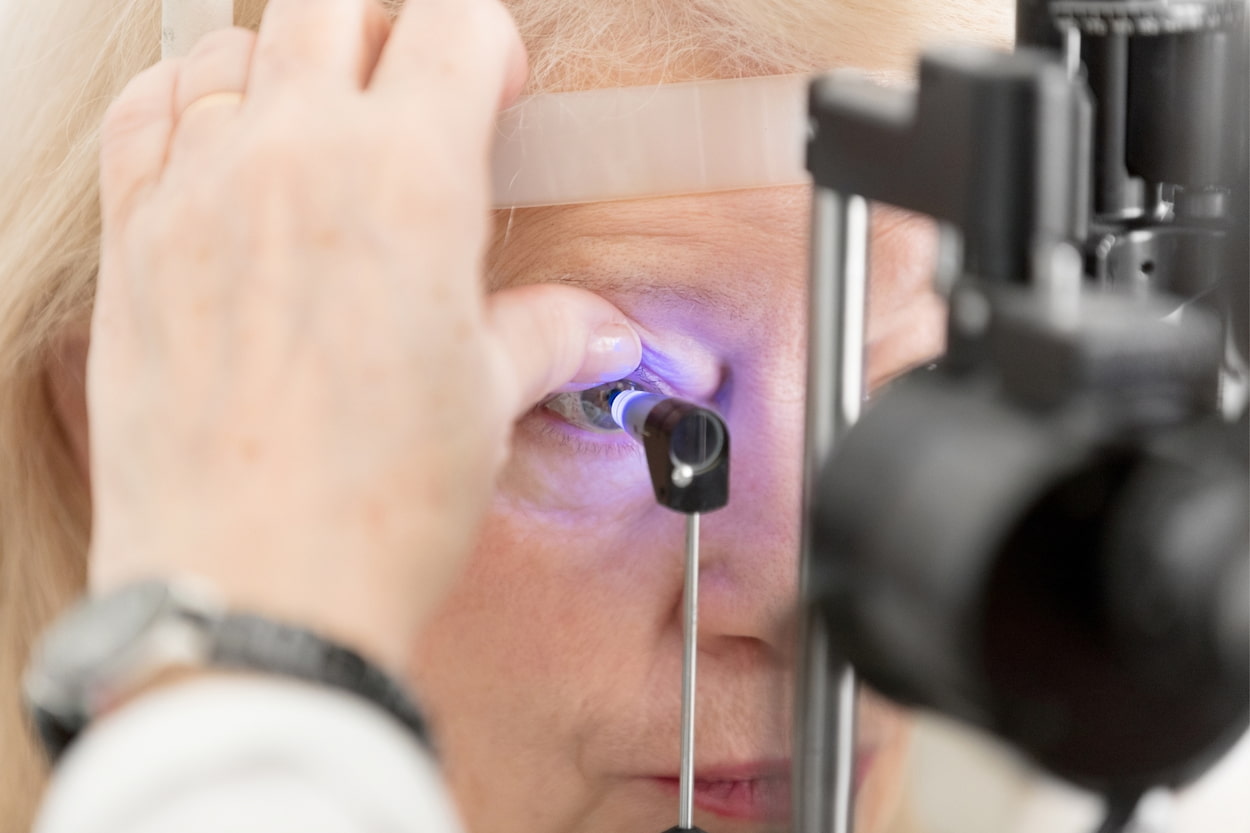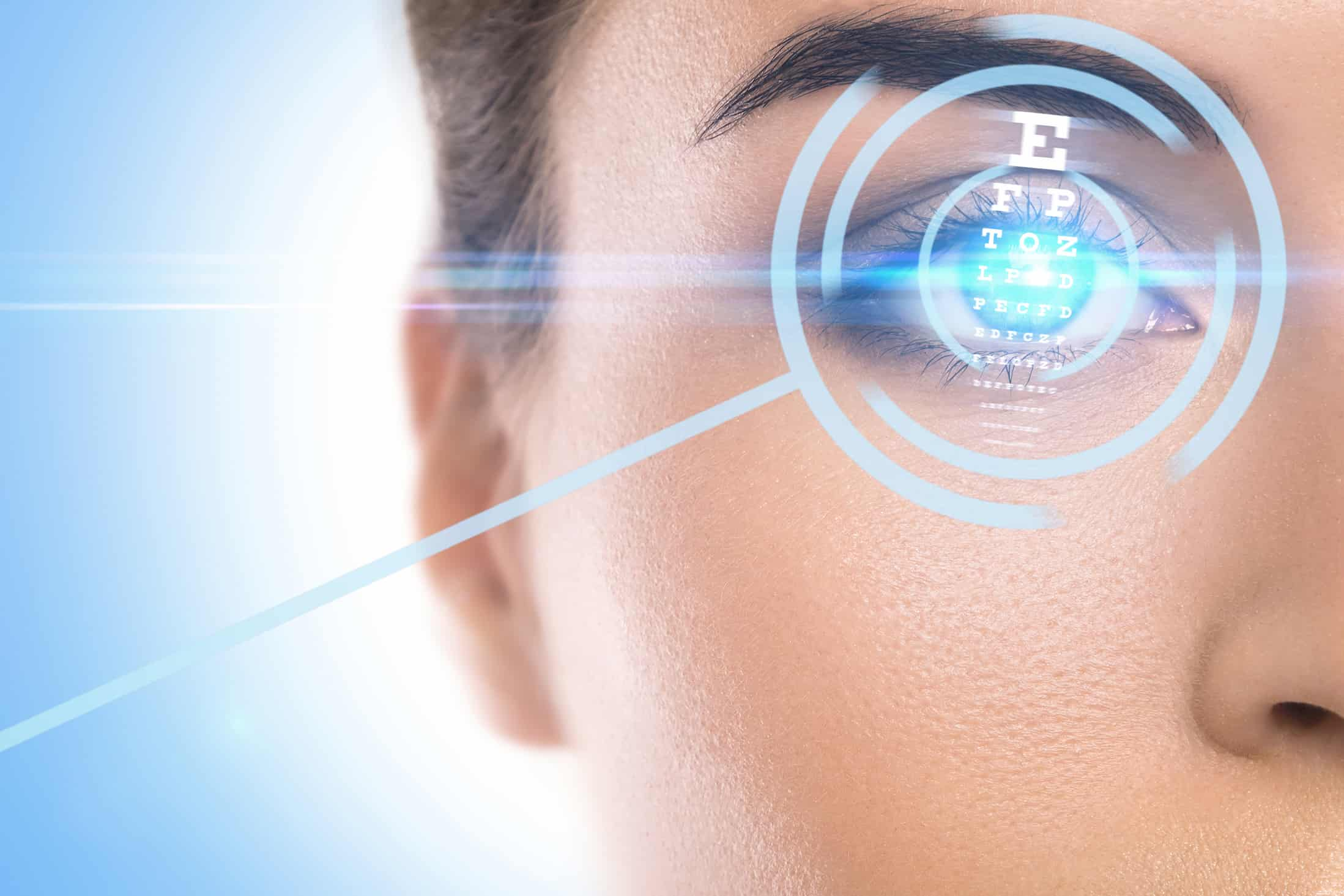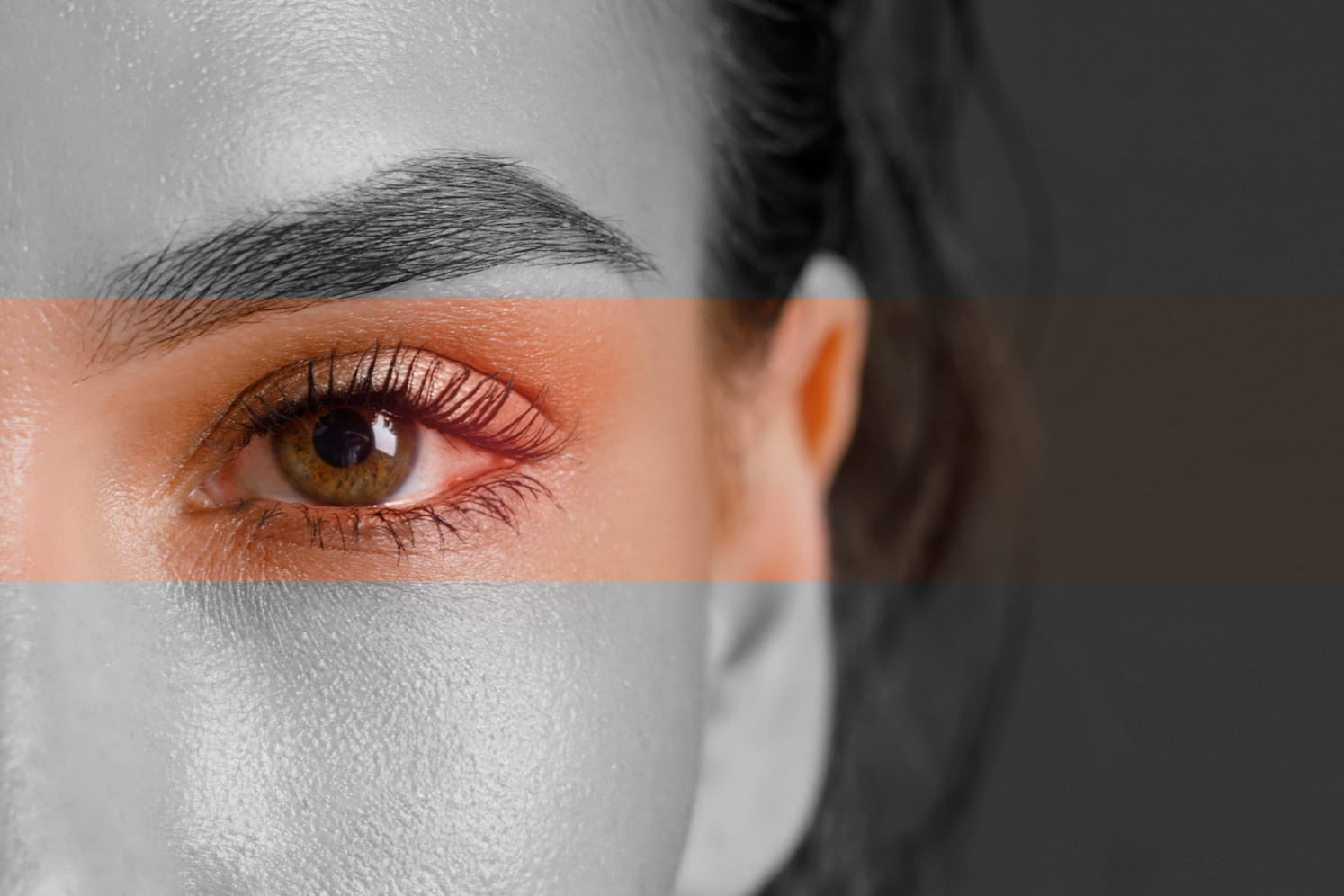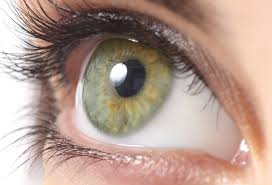
What Is the First Sign of Glaucoma? A Comprehensive Guide
Glaucoma is a group of eye diseases that damages the optic nerve, which is responsible for transmitting images to the brain. If left untreated, glaucoma can lead to permanent vision loss. Unfortunately, in many cases, glaucoma progresses slowly and may not show any symptoms until the damage has already been done. This is why it's important to know the early warning signs of glaucoma so that you can seek treatment before it's too late. In this comprehensive guide, we'll take a closer look at the first signs of glaucoma, how it feels, and some warning signs to watch out for.
What Are the First Signs that Glaucoma Is Developing?
Glaucoma often develops gradually over time, which makes it difficult to detect early on. In many cases, there are no obvious symptoms until the condition has already progressed. However, there are some early warning signs to watch out for. The most common early signs of glaucoma include:
Vision Loss: Glaucoma often causes a loss of peripheral vision. If you notice that your vision is becoming increasingly blurry around the edges or that you're having difficulty seeing objects out of the corner of your eye, it could be a sign of glaucoma.
Elevated Eye Pressure: Elevated eye pressure is one of the main risk factors for glaucoma. If your eye pressure is higher than normal, it could be an early sign that you're at risk for developing glaucoma.

What Does the Start of Glaucoma Feel Like?
In the early stages, glaucoma typically doesn't cause any pain or discomfort. In fact, many people with glaucoma are completely unaware that they have the condition until it has already caused significant damage. This is why regular eye exams are so important, especially as you get older.
What Are Warning Signs of Glaucoma?
As glaucoma progresses, there are some warning signs to watch out for. These include:
Blurred Vision: As the optic nerve becomes more damaged, it can cause your vision to become increasingly blurry. You may also notice halos around lights or difficulty seeing in low light conditions.
Tunnel Vision: In the later stages of glaucoma, you may start to experience tunnel vision. This means that your field of vision becomes narrower and you're no longer able to see objects on the periphery.
Eye Pain: While glaucoma doesn't typically cause pain, in some cases it can cause eye pain, headaches, or nausea. This is a sign that the condition has progressed and you should seek medical attention immediately.
What Are 2 Signs of Glaucoma?
There are many signs of glaucoma, but here are two of the most common:
Loss of Peripheral Vision: One of the earliest signs of glaucoma is a loss of peripheral vision. This means that you may have difficulty seeing objects out of the corner of your eye.
Elevated Eye Pressure: Elevated eye pressure is one of the main risk factors for glaucoma. If your eye pressure is higher than normal, it could be an early sign that you're at risk for developing glaucoma.
What Does Glaucoma Vision Look Like?
As glaucoma progresses, it can cause a variety of vision problems. In the early stages, you may not notice any changes in your vision. However, as the condition progresses, you may start to experience tunnel vision, difficulty seeing in low light conditions, or blurred vision. In some cases, you may also notice halos around lights or a loss of contrast sensitivity.
What Are the Symptoms of Cataracts and Glaucoma?
Cataracts and glaucoma are two different eye conditions that can cause similar symptoms. Cataracts cause a clouding of the lens, which can cause blurry vision, glare, and difficulty seeing in low light conditions. Glaucoma, on the other hand, causes damage to the optic nerve, which can result in a loss of peripheral vision, tunnel vision, and difficulty seeing in low light conditions.
While both conditions can cause vision problems, they are treated differently. Cataracts are typically treated with surgery to remove the clouded lens and replace it with an artificial one. Glaucoma, on the other hand, is typically treated with eye drops or other medications to lower intraocular pressure and prevent further damage to the optic nerve.
Glaucoma is a serious eye condition that can cause permanent vision loss if left untreated. While there may not be any obvious symptoms in the early stages, there are some warning signs to watch out for, including a loss of peripheral vision and elevated eye pressure. If you notice any of these symptoms, it's important to see an eye doctor for a comprehensive eye exam. Regular eye exams are also important for catching glaucoma early, before it has a chance to cause significant damage to your vision.
Healthy Türkiye Notes
It's important to note that certain factors can increase your risk of developing glaucoma. These include age (people over 60 are at a higher risk), a family history of glaucoma, certain medical conditions (such as diabetes), and the use of corticosteroids. If you have any of these risk factors, it's especially important to be vigilant about getting regular eye exams.
If you are diagnosed with glaucoma, there are several treatment options available. In addition to eye drops and medications, your eye doctor may also recommend laser surgery or traditional surgery to help lower your eye pressure and prevent further damage to your optic nerve. It's important to work closely with your eye doctor to develop a treatment plan that's right for you.
Finally, it's worth noting that glaucoma is a chronic condition that requires ongoing management. Even with treatment, there is no cure for glaucoma, and you will need to continue to monitor your eye health and take steps to manage the condition over time. This may include regular eye exams, taking medications as prescribed, and making lifestyle changes (such as maintaining a healthy weight and not smoking) to help lower your risk of further damage.
In summary, the first signs of glaucoma can be difficult to detect, but they may include a loss of peripheral vision and elevated eye pressure. If you notice any of these symptoms, it's important to see an eye doctor for a comprehensive eye exam. With early detection and proper treatment, it's possible to manage glaucoma and prevent further damage to your vision. So, make sure to prioritize your eye health and get regular eye exams, especially as you get older or if you have any risk factors for glaucoma.




